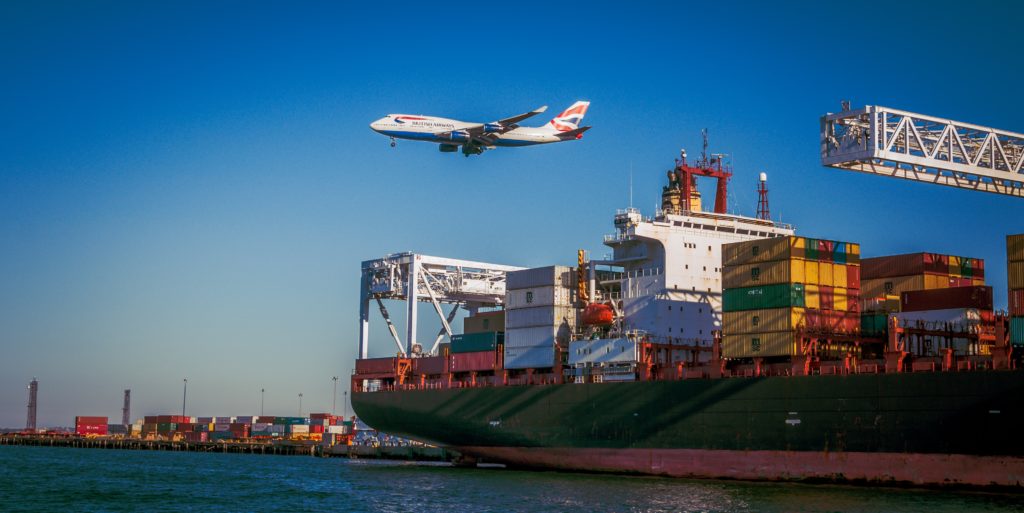How Coronavirus is Affecting Trade with China
After the outbreak of the SARS epidemic in 2002, medical experts called for stricter quarantine laws regarding international travel, and thus the shipping industry, in the case of a future outbreak. These regulations are now being put into place as coronavirus spreads through the Wuhan province in China. This quarantine is affecting factories in China as well as those in neighboring countries whose employees have been unable to return to work after visiting family in the Hubei region during the Lunar New Year. Reduced production, coupled with concerns for the safety of operating crews on board sea and air vessels, has resulted in significant disruptions for the shipping industry.
 Coronavirus Quarantines and Reduced Exports
Coronavirus Quarantines and Reduced Exports
Many factories around China have been temporarily closed following the outbreak of the virus, with some not anticipated to open until March 1. With these facilities shuttered, exporters can expect to see similar effects as with the Lunar New Year, which sees the pausing of production for nearly three weeks annually. Delays are typically expected to continue for several weeks following the holiday as well but are being exponentially compounded by the effects of coronavirus. Major corporations, including Hyundai Motor, Deere & Co., and PSA Peugeot Citroen have all been affected by these closures and supply disruptions.
Sea Freight Shipping Demand
With limited production, demand for shipping containers is dropping rapidly, resulting in low freight rates. Sea-Intelligence, a maritime analyst, predicts a loss of $300-350 million weekly for carriers. Further, according to maritime data provider Alphaliner, major Chinese ports have seen a 20% decrease in ship calls since January 20. To combat this, sixteen Chinese ports are offering reduced rates in an attempt to lure liners back in. In contrast, nearby ports like South Korea’s Busan are experiencing spillover and rising container capacities. If these levels continue to rise, ports’ efficiency will be compromised, adding to potential delays.
This reduction has also led to lower demand for oil. With prices seeing a decline beyond the expected from Chinese New Year, refiners are being driven to negotiate and limit crudes runs.
Effects on Air Cargo
Air travel to China has been suspended by nearly all airlines, and flights to and from Hong Kong have also been halted. While some importers anticipated delays on shipments for the Lunar New Year, they are now experiencing disruptions beyond their predictions. Where ocean freight is seeing reductions in shipments, air cargo space is now extremely limited. Cargo on passenger flights has been redirected to available freighters, but these flights have also been drastically reduced or suspended entirely out of concern for the crew’s safety.
Short- and Long-Term Effects
With imports redirected and substantial disruptions in production and exporting, businesses should anticipate delays until mid-March. Experts agree that long-term consequences remain difficult to determine at the time; however, if the SARS epidemic is any indication, Chinese markets will manage to recover once coronavirus has been contained, resulting in only short-term interruptions.
The shipping industry can be unpredictable. Keep track of any delays or disruptions that might affect your business with SiShips.

